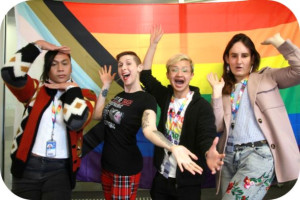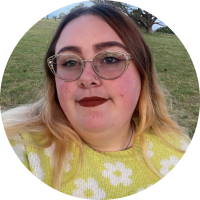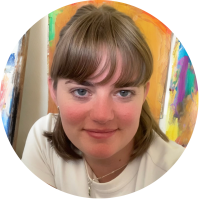Book your mpox (monkeypox) vaccination with us and get protected! Find out more.

We are an active team of Community Health Workers supporting communities and schools with a collective aim to promote the effective use of barriers and condoms; normalize regular sexual health check-ups; bust down myths about anything relating to sex and stigma; and most importantly raise the ongoing awareness of STI’s and the services offered by ASHS and other sexual health organisations.

 Ayla Grace
Ayla GraceAyla joined the Education Unit in October 2023. She brought with her previous experience in the tertiary education sector, having worked for the University of Auckland as a Senior Student Experience Representative. Having a previous study background in psychology Ayla’s focus is on low socio-economic communities' access to sexual health services. Ayla’s volunteer work with HELP Auckland’s Dear Em programme in its formative stages has also lead to a heavy focus on supporting visibility for survivors of sexual violence. AylaR@adhb.govt.nz.

Rachael joined the Education Unit in October 2023, but first became involved with ASHS as a student of the PSSP Programme during her school years in 2009. Having come back as a volunteer, she has come full circle in working with Auckland Sexual Health. Rachael's focus is to empower young people with knowledge to make informed choices and engage in open discussions about their sexual health. With a background in Creative Arts and Design, she's dedicated to help shaping this impactful program where youth feel empowered to prioritize their well-being and autonomy. RachaelV@adhb.govt.nz

After completing her counselling degree and gaining experience in sex therapy, Imogen transitioned to the ASHS Education Unit with the goal of contributing to the prevention of challenges and discomfort around sex, gender, sexuality, relationships and STIs. Imogen became a PSSP member within her school in 2014, an experience that influenced her life path greatly. Her mission is to promote awareness of these topics, foster open dialogue about them and eliminate shame when discussing them. ImogenRobe@adhb.govt.nz